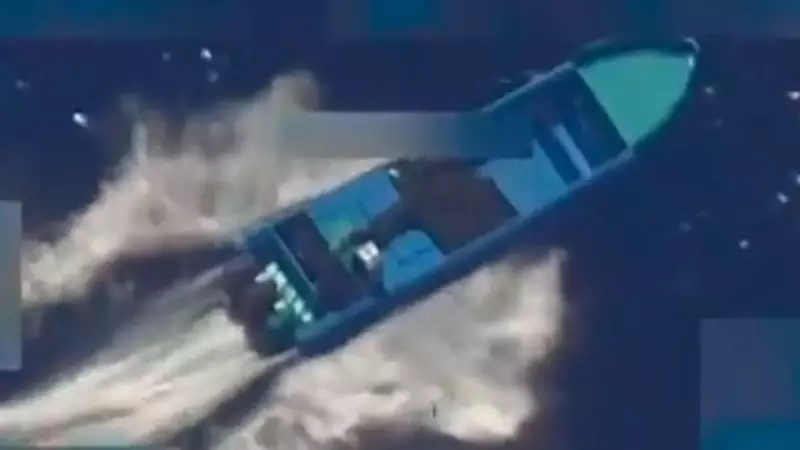
In a scathing condemnation that has sent shockwaves through international circles, United Nations human rights experts have called for an immediate halt to the United States' controversial practice of targeting and destroying drug smuggling vessels on the high seas.
The UN Working Group on mercenaries has labeled these US Coast Guard operations as "extrajudicial killings" that violate fundamental human rights principles. This dramatic escalation in rhetoric puts Washington in the diplomatic hot seat over its aggressive anti-narcotics strategy.
What Exactly Are These Controversial Operations?
According to the UN report, US authorities have been employing "lethal force" against suspected drug smuggling boats, often resulting in the destruction of vessels and potential loss of life. The operations typically involve:
- Interception of suspected drug trafficking vessels in international waters
- Use of destructive force to disable or sink the boats
- Limited to no due process for crew members aboard these vessels
- Questionable legal justification under international maritime law
The Legal Battle Heats Up
The UN experts didn't mince words, stating that these operations "may violate international human rights law" and lack proper legal foundation. They emphasized that the fight against drug trafficking cannot come at the expense of basic human rights and the rule of law.
This isn't just about sinking boats—it's about the fundamental right to life and the principle that no state should exercise the power to kill without due process, even on the high seas.
Washington's Response and Growing International Pressure
While the US has traditionally defended these operations as necessary in the global war against drugs, the UN condemnation adds significant weight to growing international concerns. The experts have demanded:
- Immediate cessation of all such lethal operations
- Thorough and transparent investigations into past incidents
- Accountability for any human rights violations
- Review of all relevant policies and procedures
The situation represents a classic clash between national security priorities and international human rights standards, with the UN drawing a clear line in the sand.
What Happens Next?
This confrontation sets the stage for a major diplomatic showdown. The US now faces mounting pressure to either justify its actions under international law or reform its approach to combating maritime drug trafficking. The world will be watching closely as Washington responds to these serious allegations from one of the world's most prominent human rights bodies.





